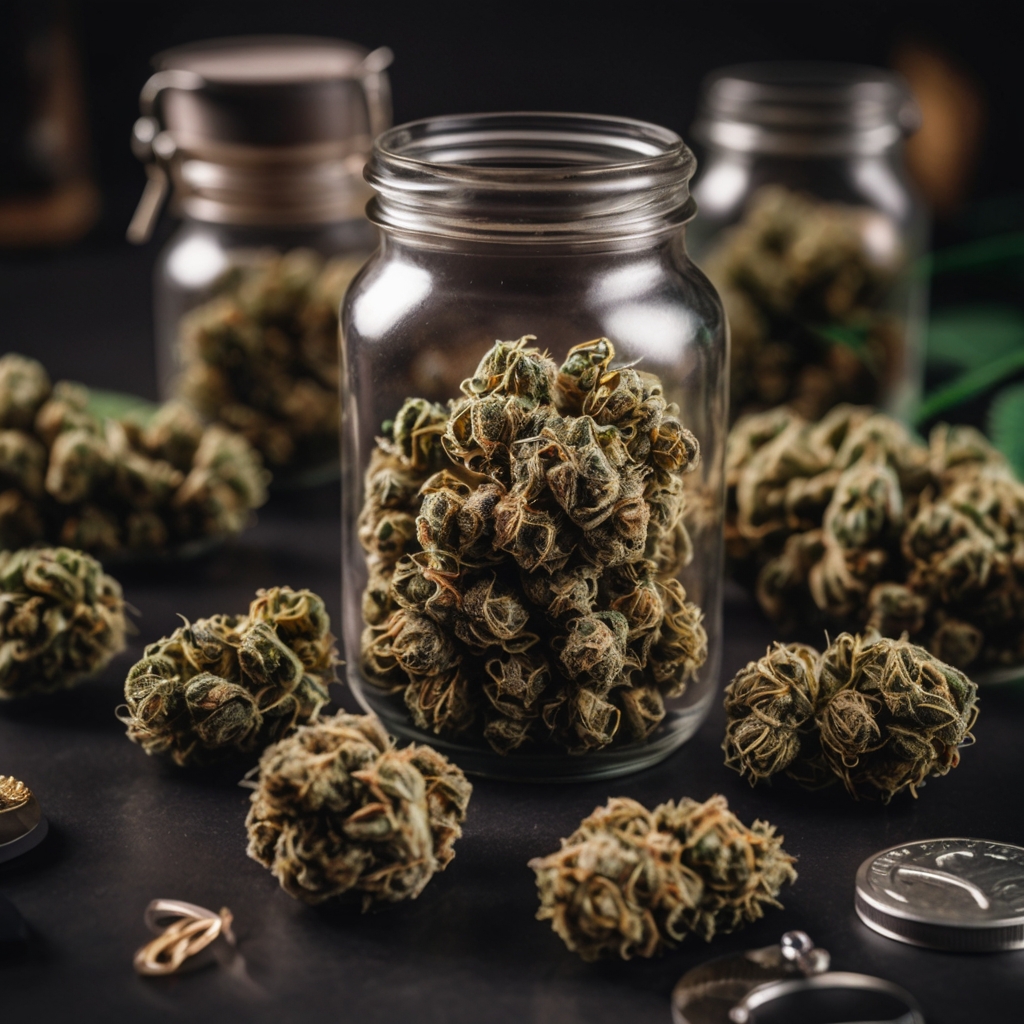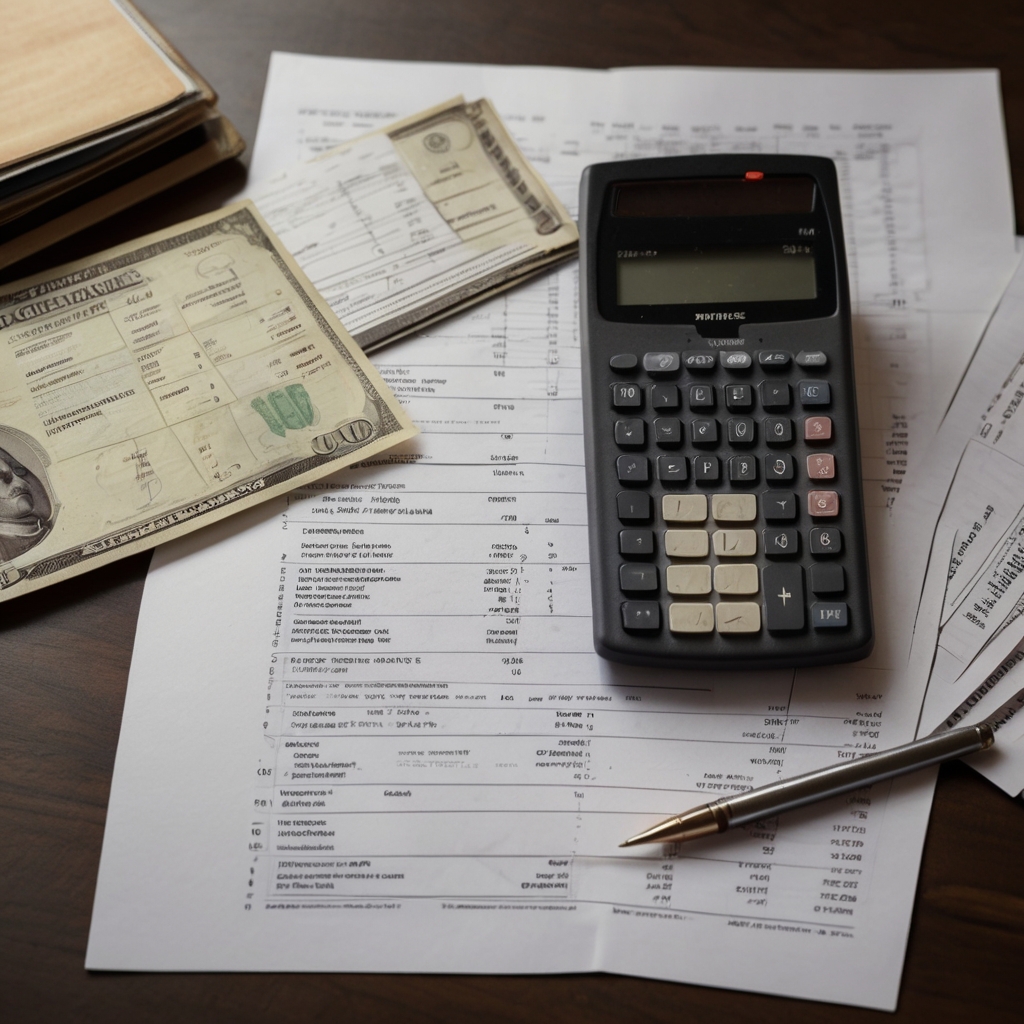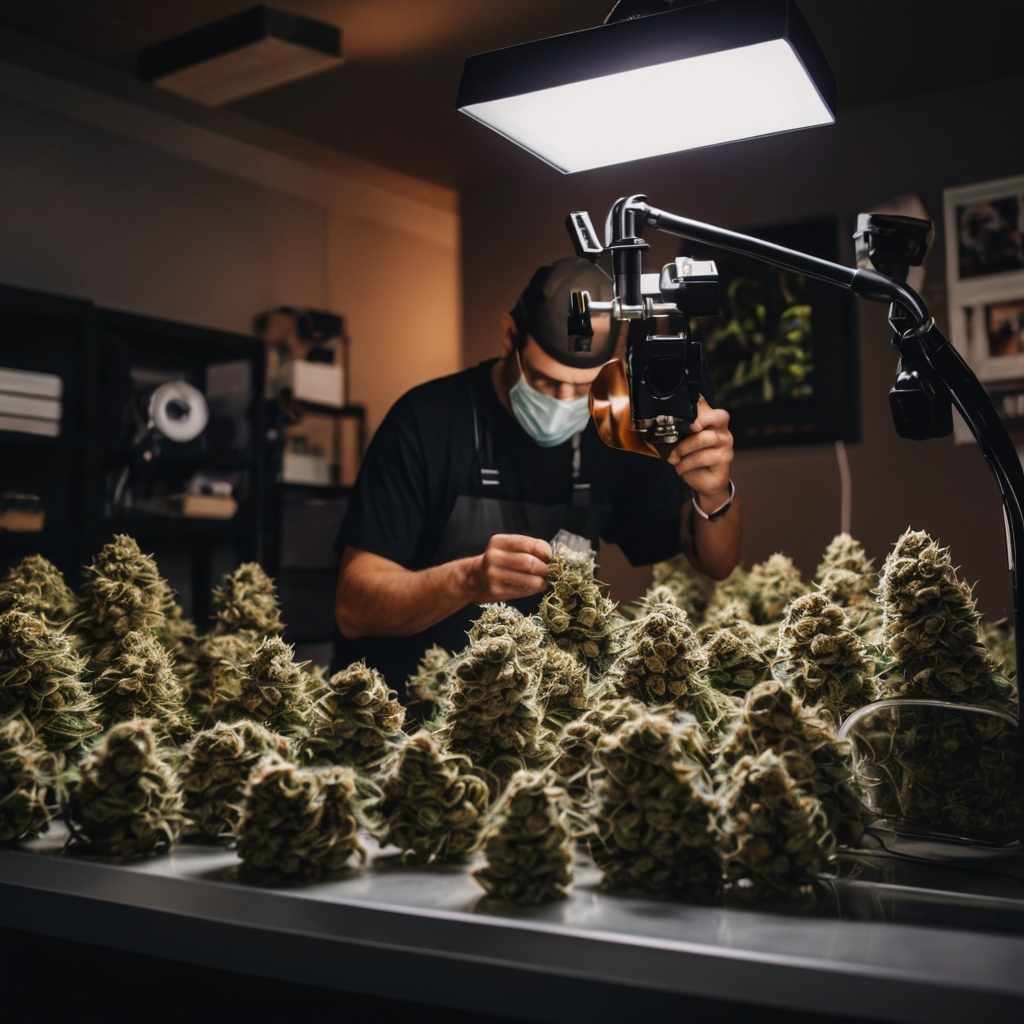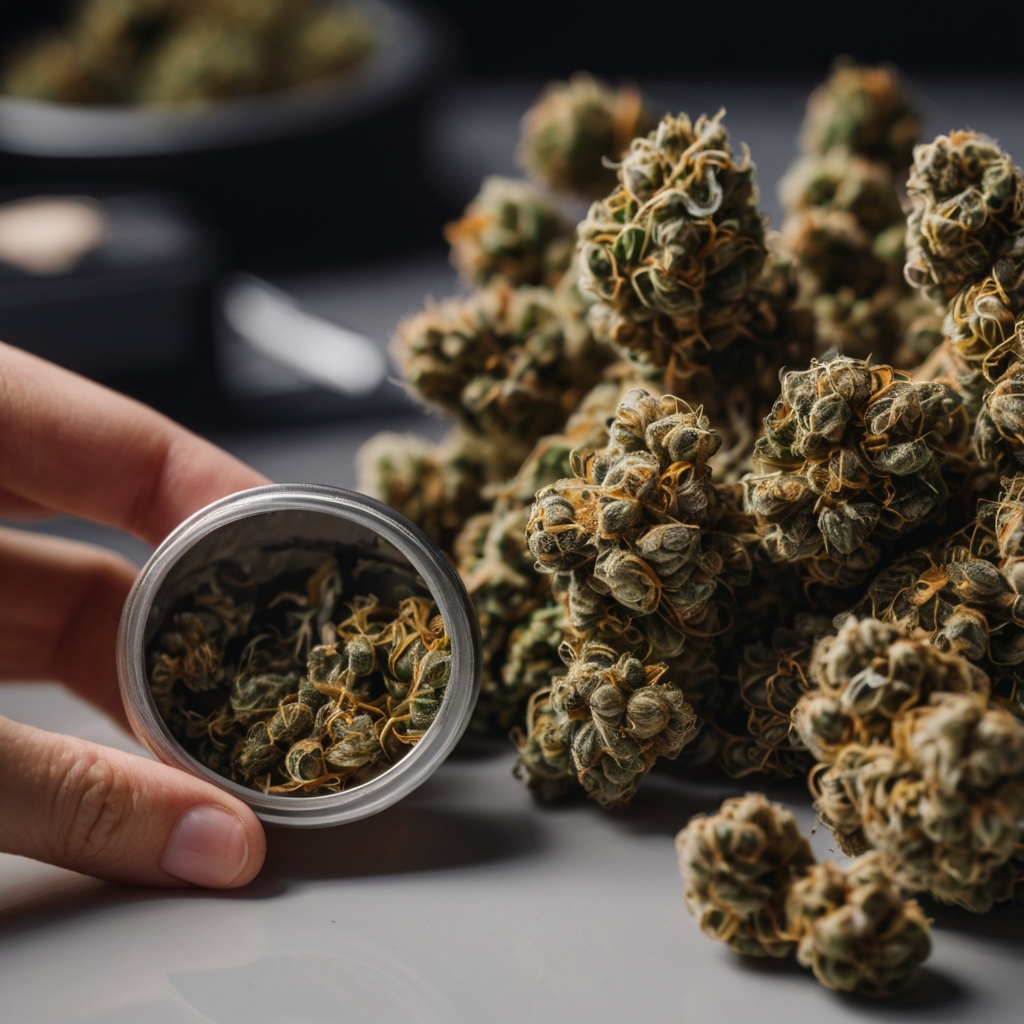How to Value a Cannabis Business Before Investing
Introduction to Cannabis Industry Investments
A Rapidly Growing Market
The cannabis industry isn’t just booming — it’s exploding. Legal sales across North America alone have already topped billions, and the global market is expected to soar beyond $100 billion in the next few years. With legalization spreading and consumer demand increasing, many investors are eyeing cannabis businesses for their portfolios.
Table of Contents
ToggleWhy Valuation Matters More in Cannabis
But here’s the catch — cannabis isn’t like any other industry. It’s volatile, overregulated, and often misunderstood. That’s why understanding how to properly value a cannabis business is absolutely essential before throwing your money in. Unlike tech or retail, the cannabis space has layers of legal, operational, and financial complexity that demand careful scrutiny.

Key Factors Influencing Cannabis Business Valuation
Legal Environment
Cannabis legality varies by country, state, and even municipality. A dispensary in Colorado is in a very different boat than one in Texas. Legal status affects everything from taxes to distribution — and ultimately, value.
Market Demand & Trends
Not all cannabis consumers are the same. Medical vs recreational, flower vs edibles, budget vs premium — understanding demand in the specific target market helps predict how sustainable a business’s revenue will be.
Regulatory Risk and Compliance Costs
Cannabis businesses face high compliance costs. Licensing fees, security systems, testing, and tracking requirements all add up. Investors should ask: How much is the company spending just to stay legal?

Understanding Financial Statements
Revenue Streams in Cannabis
Revenue sources can include retail sales, wholesale, cultivation, product manufacturing, or ancillary services like software or consulting. Identifying diverse revenue streams strengthens long-term valuation.
Profit Margins & Operating Costs
Profitability in cannabis is squeezed by taxes (like 280E in the U.S.), high labor costs, and energy usage. Margins in cultivation and retail vary wildly — it’s important to dig deep into these numbers.
Debt and Cash Flow Analysis
A business might look healthy on paper but be bleeding cash in reality. Investors should assess liquidity, working capital, and whether the company can sustain operations without constant capital raises.

Methods to Value a Cannabis Business
Comparable Company Analysis (CCA)
This involves comparing the target business with similar publicly traded cannabis firms based on metrics like EV/EBITDA or price-to-sales ratios.
Precedent Transactions
Looking at historical acquisition data in the industry can offer benchmarks for what similar businesses were valued at.
Discounted Cash Flow (DCF)
This classic valuation model is tricky in cannabis due to unpredictable regulations but still useful when paired with conservative forecasting.

Asset-Based Valuation
Especially for cultivators or vertically integrated operators, asset valuation (land, equipment, licenses) gives investors a tangible baseline.
Unique Cannabis Valuation Metrics
Cost per Gram and Yield
For cultivators, the cost of producing a gram of cannabis and the yield per square foot are critical efficiency metrics.
Licensed Cultivation Capacity
The more grow space or plant count a business is legally permitted to operate, the more revenue it can potentially generate.
Patient/Customer Acquisition Costs
For retail and medical businesses, knowing how much it costs to acquire and retain customers helps forecast future growth.

Due Diligence Essentials
Checking for Licensing and Compliance
Always verify that the business holds the necessary licenses for all operations — and that they’re in good standing.
Background Check on Founders and Management
A strong leadership team with industry experience is a green flag. Prior infractions, lawsuits, or mismanagement? Red flag.
Brand Position and Customer Loyalty
Is the business a household name in its community? Do customers come back regularly? That brand equity adds real value.

Valuing Cannabis Startups vs Established Businesses
Early Stage: Focus on Potential
Startups don’t always have steady revenue, so valuation often hinges on market opportunity, team credibility, and intellectual property.
Mature Stage: Focus on Performance
In contrast, mature cannabis businesses are judged more like traditional companies — financial health, efficiency, and market share are key.

Risk Assessment Before Investing
Regulatory and Political Risks
Laws can change — fast. A state-friendly policy today might disappear with a new administration. Always factor in the risk of legal shifts.
Financial and Operational Risks
Because cannabis is still federally illegal in many places, banking is limited. That affects everything from loans to payroll — a huge operational headache.

Red Flags to Watch Out For
Overestimated Market Size
If a pitch claims the business will capture “10% of the total cannabis market,” proceed with caution. That’s rarely realistic.
Unrealistic Growth Projections
Projections should be based on data and trends — not wishful thinking.
Poor Financial Transparency
If financials are vague or hard to get, that’s a red flag. A good business should be eager to show you the numbers.

The Role of Market Timing
Impact of Legalization Events
Investing right before a new legalization measure passes can result in huge returns — but only if timed correctly.
Entry Point Strategy
Don’t rush in. Wait for dips, overreactions to news, or periods of low volume to get better valuations.

Case Studies: Cannabis Valuation in Action
Valuation of a Dispensary
A dispensary in California with $2M in annual sales, a loyal customer base, and low overhead might fetch a 1.5-3x revenue multiple.
Valuation of a Cannabis Cultivator
A cultivator with licensed grow space, efficient costs per gram, and stable distribution partners might be valued based on EBITDA with heavy weight on land and equipment value.

Expert Tips for Smarter Investment Decisions
Get Advice from Cannabis-Specific Analysts
They understand industry nuances and can give deeper insights than generalist financial advisors.
Join Cannabis Investor Networks
These communities share knowledge, deals, and red flags — invaluable for beginners.

Tools and Resources for Cannabis Valuation
Financial Software
Platforms like PitchBook, Green Market Report, or BDSA can help you track data and benchmarks.
Government and Industry Reports
Stay informed with state cannabis control boards, market analysts, and global trade reports.

Conclusion
Valuing a cannabis business is part science, part art. It requires a solid grasp of financials, a sharp eye for red flags, and a deep understanding of industry-specific factors. Don’t get swayed by hype or flashy branding — dig into the numbers, ask the hard questions, and always protect your capital. Cannabis is a wild ride — but with the right prep, it could also be your most rewarding investment.

FAQs
1. What’s the most accurate method to value a cannabis business?
There’s no one-size-fits-all answer. Most investors use a combination of DCF, asset-based valuation, and comparable company analysis.
2. Are cannabis stocks or private companies better for investment?
Private companies can offer higher upside, but they carry more risk and less liquidity. Stocks are more stable but slower-growing.
3. How does federal illegality affect valuation?
It limits banking, adds risk, and reduces multiples compared to fully legal industries. But it also creates opportunities for those willing to navigate the risk.
4. Should I avoid startups in the cannabis space?
Not necessarily. If they have strong leadership, licenses, and market strategy, they can offer great ROI — just approach with caution.
5. What’s the biggest mistake investors make in cannabis?
Falling for hype without doing due diligence. Always verify financials, licenses, and market strategy before investing a dollar.


